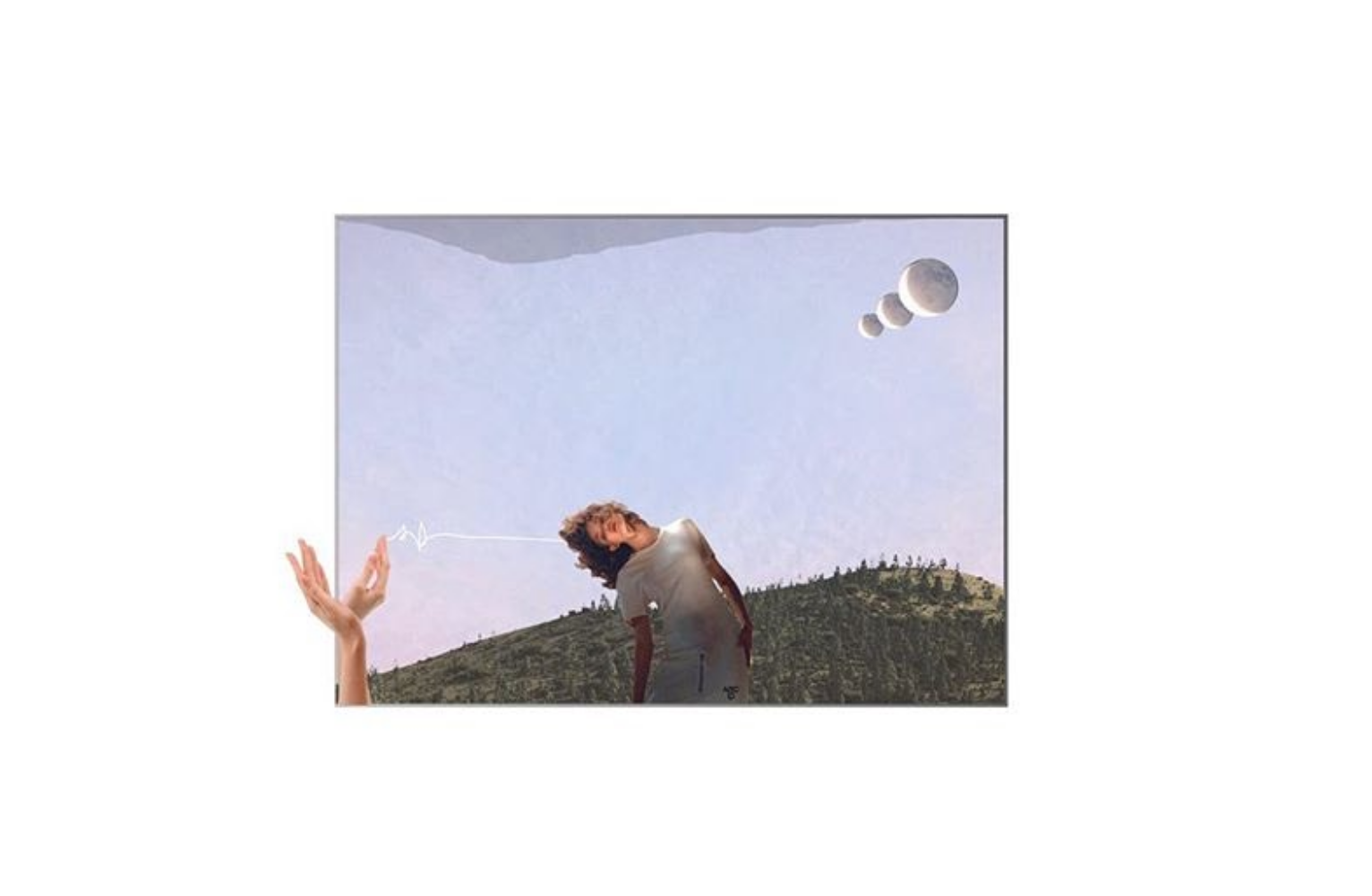Running with Wolves
One busy morning, I was nestled in the corner of a crowded 1 train on the way to Columbia University. I had recently begun a graduate program in the psychology department, where I was studying the intersection of therapy and spirituality-mind-body practices. I was fascinated with how to use healing modalities to help women, and yearned for the opportunity to learn more. As the subway doors opened and hurried passengers shuffled onto the train, I pulled a small book out of my tote bag and skimmed the title: Women Who Run With the Wolves: Myths and Stories of the Wild Woman Archetype.
On the front cover, a woman with long hair and a valiant expression gazed into the distance, with a wolf standing attentively at her side. Underneath the image was a quote from The Washington Post: “She honors what is tough, smart, and untamed in women. She venerates the female soul.” Seeing the image of the woman with her wolf companion moved me deeply; I had always been enamored with the majestic nature of wolves, and their fierce, yet graceful way of being. From the mere sight of the front cover, I knew there had to be a reason why the book found me.
“Within every woman there lives a powerful force, filled with good instincts, passionate creativity, and ageless knowing. She is the Wild Woman, who represents the instinctual nature of women.”
I will never forget the moment on that crowded train when Estés’ words struck me for the first time. Within the first few passages, I was in awe of how the words danced off the page and settled deeply in my core. Estés described how the Wild Woman lives within each of us, yet we often forget about her in our pursuit of societal expectations, job titles, and relationships. My heart sunk knowing that I had experienced this firsthand. I could not believe the accuracy with which she described this heartbreaking experience, and I felt compelled to read each passage over and over again. It was as if Estés were a fellow train passenger speaking directly to my soul, begging me to reflect on why I had left my inner Wild Woman behind.
During my undergraduate years, I had become adept at muting my inner voice for others’ comfort and approval. Despite being a confident person, I was always highly conscious of others’ opinions and lacked assertiveness, avoiding speaking up for myself when I needed to the most. At my lowest, I had nearly silenced myself in friendships, relationships, school, and work environments, not wanting to inconvenience others or take up too much space. As a result, I found myself exhausted, numb, and physically tense from attempting to shrink who I was.
I was floored to find these exact symptoms described in Estés’ book. She explained how, when we disrupt our relationship with our inner wild force, we can feel “fatigued, depressed, confused, muzzled,” and even “without meaning” (p. 9). That day on the train, the word “muzzled” sent a sudden pang to my chest. That was precisely how I had felt for years; like a wolf who had been deprived of her ability to howl.
When I remember my days of feeling muted, I can’t help but recall how far I was from my true self. I barely sang or played music for enjoyment. My relationships felt confusing and fleeting. I had trouble standing up for myself when I was unhappy, and it felt as though my confidence could be shattered in an instant. In an effort to appear as though I had it all together, I silenced my inner Wild Woman. Now, I will do anything to keep her alive.
***
“She comes to us through sound; through music which vibrates the sternum, excites the heart; it comes through the drum, the whistle, the call, and the cry. It comes through the written and spoken word; sometimes a word, a sentence or a poem or a story, is so resonant, so right, it causes us to remember, at least for an instant, what substance we are really made from, and where is our true home.” (p. 5)
Estés recommends that we reconnect with our Wild Woman through writing, singing, painting, prayer, meditation, or any activity that requires an altered state of consciousness. Since reading her book, I have become more intentional when engaging in practices like music, song, or movement. Rather than viewing music as just a hobby, I now see it as a necessary spiritual act that connects me with a force greater than myself.
“The wild nature carries the bundles for healing; she carries everything a woman needs to be and know. She carries the medicine for all things. She carries stories and dreams and words and songs and signs and symbols. She is both vehicle and destination.”
That day on the 1 train, I never could have imagined how Women Who Run With the Wolves would impact my life. Rather than silencing my Wild Woman, I now welcome her into the corners of my everyday existence, from waiting on a bustling subway platform to performing in front of a live audience. I welcome her when making big decisions, and she reminds me to act from a place of intuition and alignment. Rather than silencing her when she reminds me of my truth, I amplify her voice, remembering that she is the wildest and bravest of them all.
Years ago, I would downplay my intuition if it meant avoiding a minor conflict. Now, I know better; the Wild Woman won’t allow me to shrink myself ever again.
***
Tianna Soto is a musician, writer, and wellness educator living in NYC. Check out her work at tiannafaye.com and follow along on Instagram at @tiannafayee for adventures in travel, yoga, and the performing arts.
Alexandra Rodríguez Chaves is an illustrator from from Puerto Rico currently living in Brooklyn, New York. Alexandra’s main focus on her personal art is design and illustration. You can find most of Alexandra’s work on Instagram: @catscratchale. For commissions, collaborations, or questions you can send an email to: alexandranrchaves@gmail.com.


